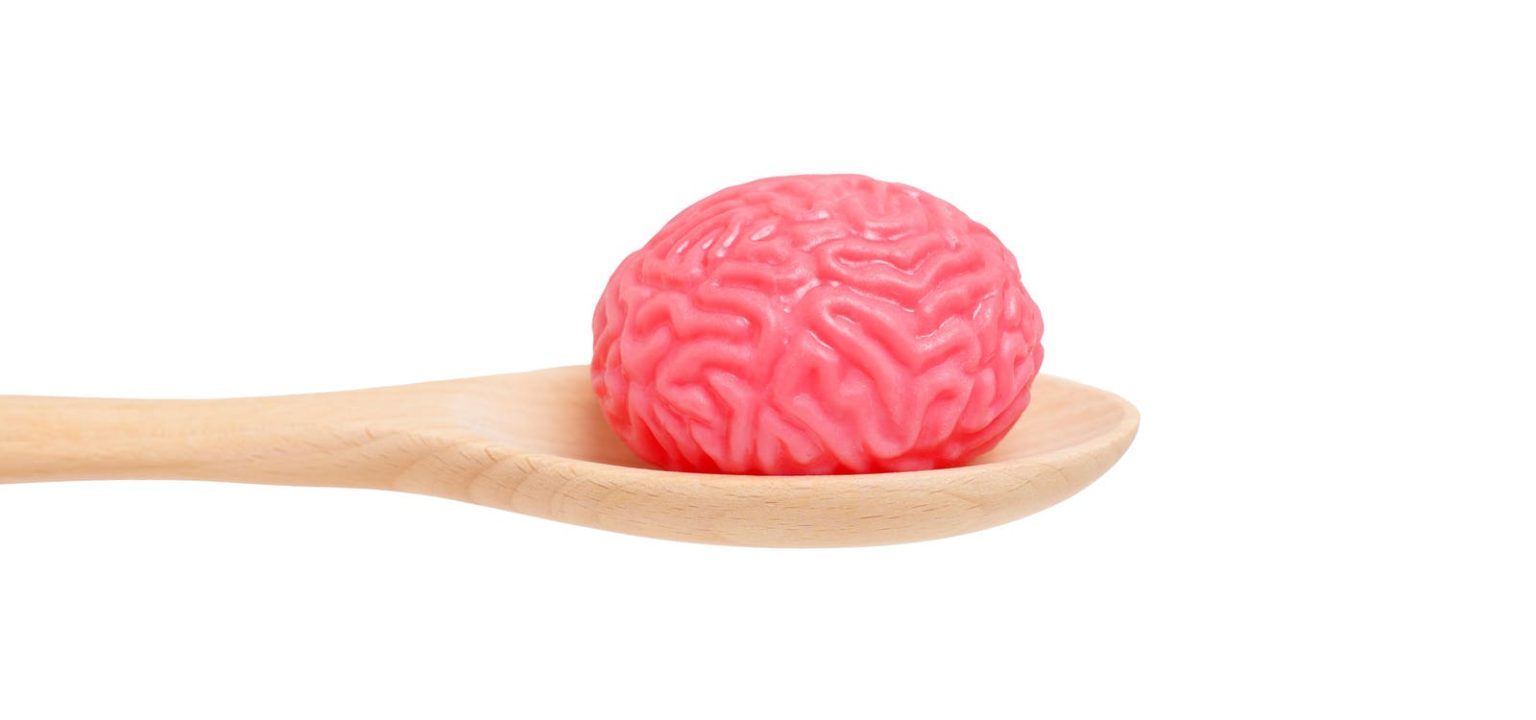The Spoon Theory, coined by Christine Miserandino, serves as a powerful metaphor for those with chronic illness, disabilities, or mental health conditions to explain the limited energy resources they have to navigate daily life. In this theory, individuals wake up each day with a set amount of spoons symbolizing the energy they have to spend on tasks. Everything from getting dressed to socializing to working costs a certain number of spoons, and once they’re used up, there’s no getting more. People with conditions that leave them with fewer spoons must carefully prioritize their activities and pace themselves throughout the day to avoid running out of energy too soon.
The theory has resonated deeply with many individuals, as it simplifies the complexities of living with limited energy into a tangible concept. By using the spoon metaphor, those with compromised physical and mental well-being can communicate the fluctuating nature of their experiences more effectively. It allows them to express the challenges they face in a way that others can understand, leading to increased empathy and support from those around them. Additionally, the theory prompts introspection for everyone, encouraging them to reflect on how they use their own energy and showing them the value of self-care and prioritizing well-being.
For those with limited spoons, the theory serves as a reminder to listen to their bodies, pace themselves, and prioritize activities that truly matter. It encourages them to take breaks, say no to unnecessary tasks, and ask for help when needed in order to preserve their precious energy. While it can be disheartening to realize the need to count every spoon, it’s essential for preventing burnout and ensuring that individuals can accomplish what is necessary without exhausting themselves. It also highlights the importance of gratitude and responsibility for those who have the privilege of not needing to count their spoons, prompting them to offer support to those who do.
In relationships with individuals who have limited spoons, the theory encourages understanding, compassion, and practical assistance. Simple gestures like offering a ride, running errands, or taking on tasks they can’t manage can make a significant difference in helping them conserve their energy. Recognizing the value of their time and energy and showing appreciation for their presence can strengthen these relationships and provide much-needed support. Ultimately, the Spoon Theory serves as a reminder for everyone to prioritize their health and well-being, practice gratitude, and show empathy towards those who face daily struggles with limited energy resources.













